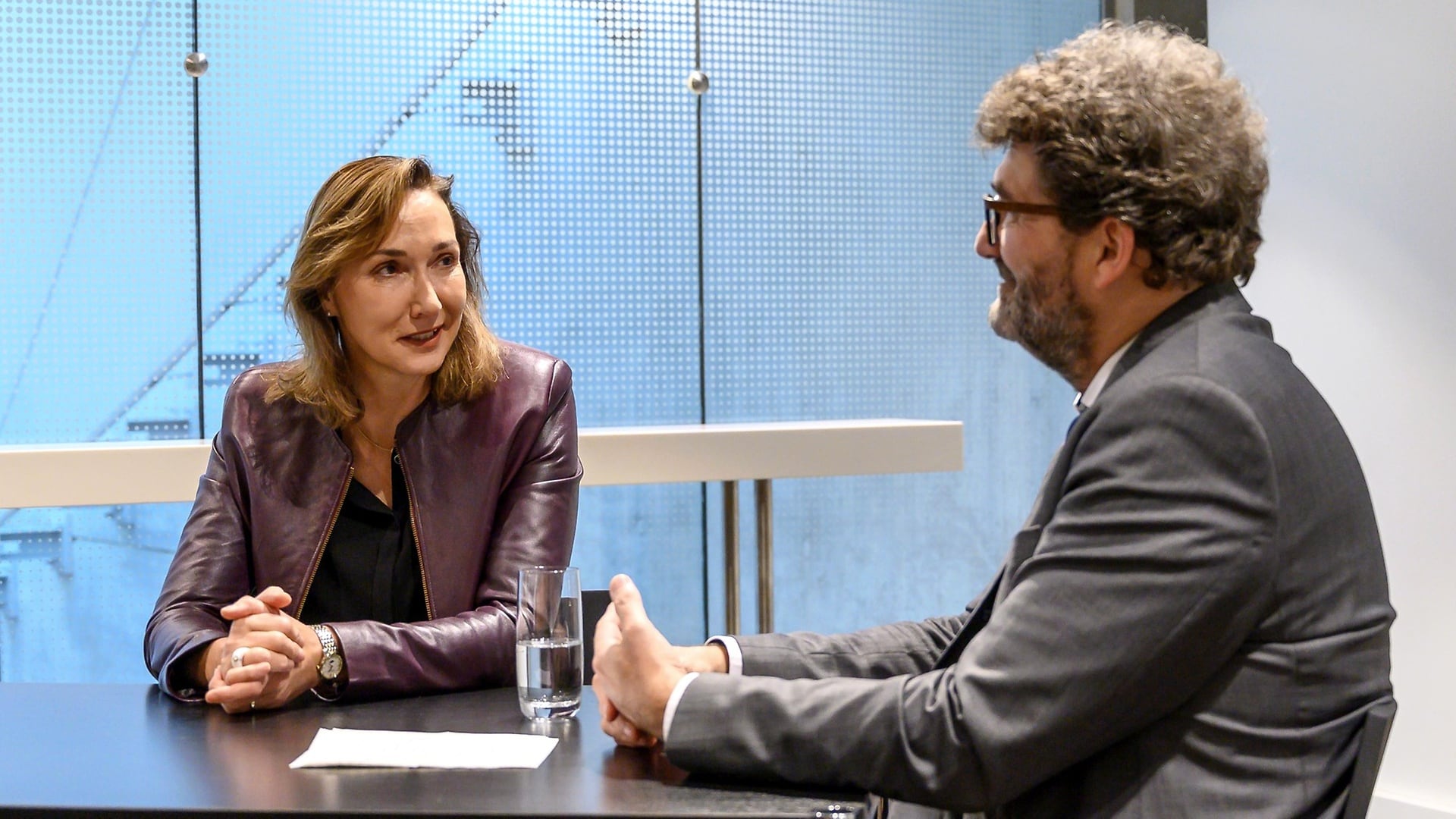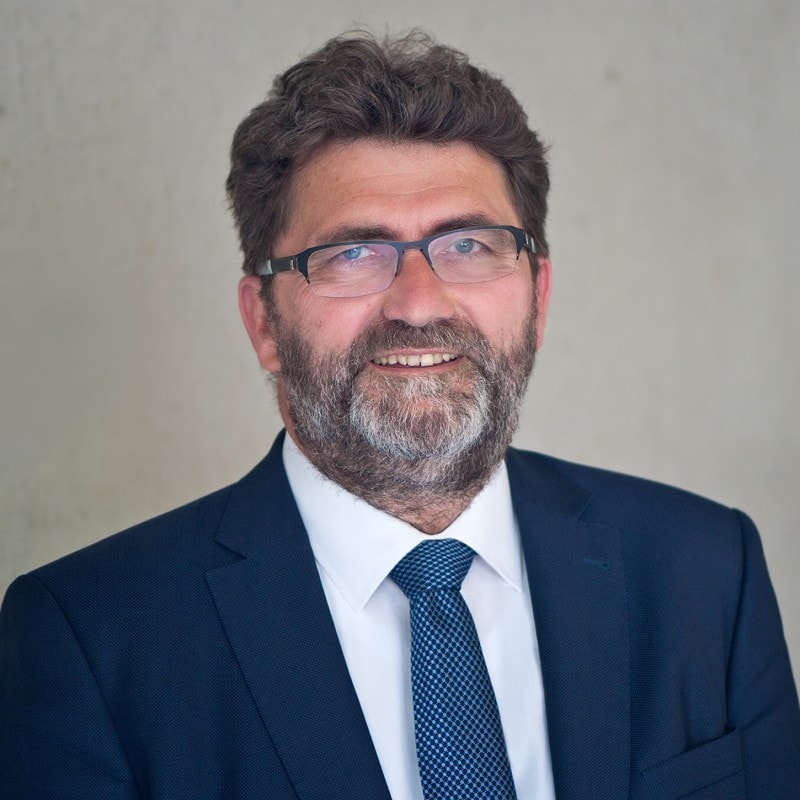What can companies do?
Renata Jungo Brüngger: The task is not an easy one. We have more than 60,000 direct suppliers, who in turn have their own suppliers. Sometimes a supply chain has up to seven sub-levels. However, we only have legal recourse to our direct suppliers. We are facing up to this challenge with our Human Rights Respect System. In this way, we systematically monitor our own companies and our supply chains for compliance with human rights risk-based. The dialog with suppliers is very important in this regard. As a large company, Daimler in particular can certainly influence the conditions to some extent. Another lever for us is the technology. For example, we are working on batteries that require less high-risk raw materials such as cobalt.
Where does the corporate responsibility for respect of human rights begin for you? And where does it end?
Michael Windfuhr: Many companies have benefited enormously from globalization. Value creation has become more international, new markets have opened up, value chains have become longer and more complex. The other side of the coin, however, is that companies now also operate in countries where human rights are not adequately protected. The UN guiding principles state that companies must identify these risks and deal with them as needed. This does not mean that they can eliminate all the risks themselves - a functioning constitutional state is still essential.
The German government is currently discussing a draft law on companies duty of care with regard to human rights What do you think about that?
Renata Jungo Brüngger: Daimler is already working constructively with the German government within the framework of the National Action Plan for Business and Human Rights. In principle, however, I believe that voluntary measures make more sense. But, if there is to be a legal framework, it should set an international standard. The possible targets must be feasible for companies.
We are in the midst of a fundamental structural change in the automotive industry. In view of the sometimes difficult working conditions in cobalt mining or the environmental impact of extracting lithium, how many risks does switching to electric mobility entail? What are the human rights implications of climate protection?
Renata Jungo Brüngger: It's true that electric mobility requires high-risk raw materials such as cobalt or lithium. We are working intensively to purchase them sustainably. Among other things, we have audits carried out to monitor this. At the same time, we strive for structural improvements on the ground, for example, through our cooperation with the Good Shepherd Foundation, a non-governmental organization, which manages social projects in the Congo. However, risks still exist independently of electromobility. In the case of mica, which provides the gloss in paint, we looked at mines in India and excluded one supplier from the supply chain.
Mr. Windfuhr, what is your perspective on this transformation?
Michael Windfuhr: New risks are indeed emerging. This makes it all the more important not only to think about sustainability from a technical point of view, but also to pursue a holistic approach and to identify and tackle the social and human rights risks that arise with the new products along the value chain. I therefore believe that Daimler is right to include respect for human rights as one of its six central goals in its sustainable business strategy.
The understanding of human rights differs worldwide. How can global players like Daimler deal with this?
Michael Windfuhr: The vast majority of the world's states have ratified the human rights conventions and thus committed themselves to their observance. Many modern constitutions contain a catalog of fundamental rights. From a purely legal point of view, the understanding of human rights is and can therefore not be so different. Not to forget the perspective of those affected: Who wants their children to have to work? Who doesn't want to be able to choose their profession freely? Who wants to experience discrimination as a minority? At the same time, we must focus on the really important aspects and topics of human dignity.
Finally, I would ask both of you to complete the following sentence: On International Human Rights Day in 2050, we will …
Renata Jungo Brüngger: … hopefully have achieved all the United Nations sustainable development goals and can say that all supply chains are transparent.
Michael Windfuhr: … be much more concerned with the consequences of climate change than today. That makes it even more important that we work to overcome this problem in a way that is sensitive to human rights. I am optimistic that if we act quickly and consistently, we will still have the chance to deal with this change.
,xPosition=0,yPosition=0.5)


,xPosition=0.5,yPosition=0)
,xPosition=0.5,yPosition=0)